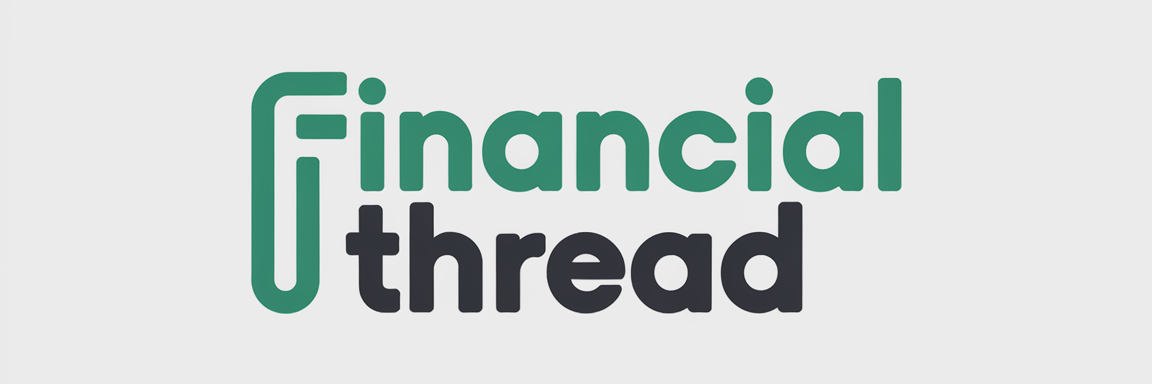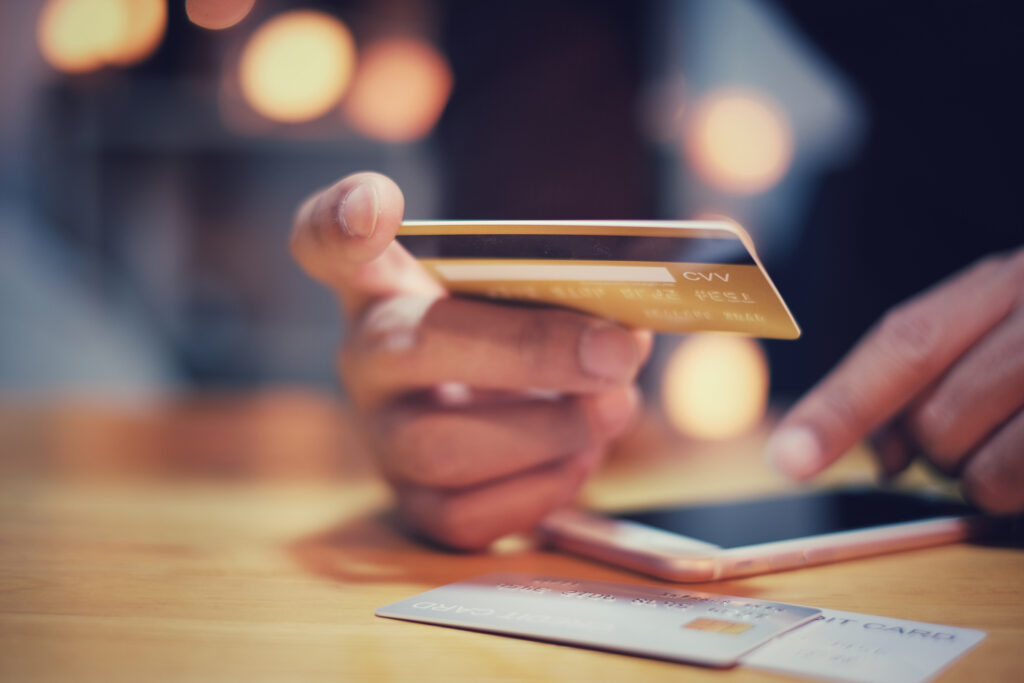Your credit score can be your best friend or your worst enemy. A good score opens doors to better interest rates, higher credit limits, and even rental approvals. A bad score? Well, let’s just say it makes life more expensive. The good news is that improving your credit score and avoiding debt traps isn’t rocket science. Here’s how to do it without losing your mind.
Pay Your Bills on Time (Seriously, Every Time)
Your payment history is the biggest factor in your credit score. Even one missed payment can hurt. Set up autopay or reminders to make sure you never forget. If you’re running short, at least make the minimum payment—it’s better than nothing.
Keep Your Credit Utilization Low
Credit utilization is just a fancy way of saying how much of your available credit you’re using. Try to keep it under 30%. If your credit limit is $5,000, aim to use no more than $1,500. Paying down balances and asking for a credit limit increase can help keep this number in check.
Don’t Close Old Credit Cards
It might seem smart to close a credit card you don’t use, but hold up! Older accounts help your credit history look good. Unless a card has crazy fees, keep it open and use it occasionally for small purchases.
Check Your Credit Report for Mistakes
Errors on credit reports are more common than you think. Check yours at least once a year (you can get a free report at AnnualCreditReport.com). Look for mistakes like incorrect balances or accounts you don’t recognize. If you find an error, dispute it right away.
Avoid Opening Too Many New Accounts at Once
Every time you apply for credit, your score takes a small hit. Opening multiple accounts in a short time makes you look risky to lenders. Space out applications, and only apply for credit when you really need it.
Use Different Types of Credit
Lenders like to see a mix of credit types, like credit cards, car loans, and mortgages. If you only have one type, consider adding another responsibly. But don’t take out a loan just for the sake of variety—only borrow what makes sense for you.
Pay More Than the Minimum
Paying only the minimum balance on credit cards keeps you stuck in debt longer and costs you more in interest. Even a little extra each month can help you pay off balances faster and improve your credit score.
Watch Out for Buy Now, Pay Later Traps
Those tempting “pay in four” services might seem harmless, but they can add up quickly and hurt your credit if you miss payments. If you use them, treat them like a regular bill and make sure you have the cash to cover what you owe.
Keep an Emergency Fund
Unexpected expenses are a fast track to credit card debt. Having even a small emergency fund can keep you from swiping your card every time life throws a curveball. Start with a goal of $500 and build from there.
Don’t Co-Sign Unless You’re 100% Sure
Co-signing a loan makes you responsible if the other person doesn’t pay. If they miss payments, your credit score takes a hit. Think twice before co-signing—your credit is too important to risk for someone else’s financial choices.
Improving your credit score and avoiding debt traps is all about smart habits and patience. Small steps add up, and before you know it, you’ll be in control of your finances instead of the other way around.

